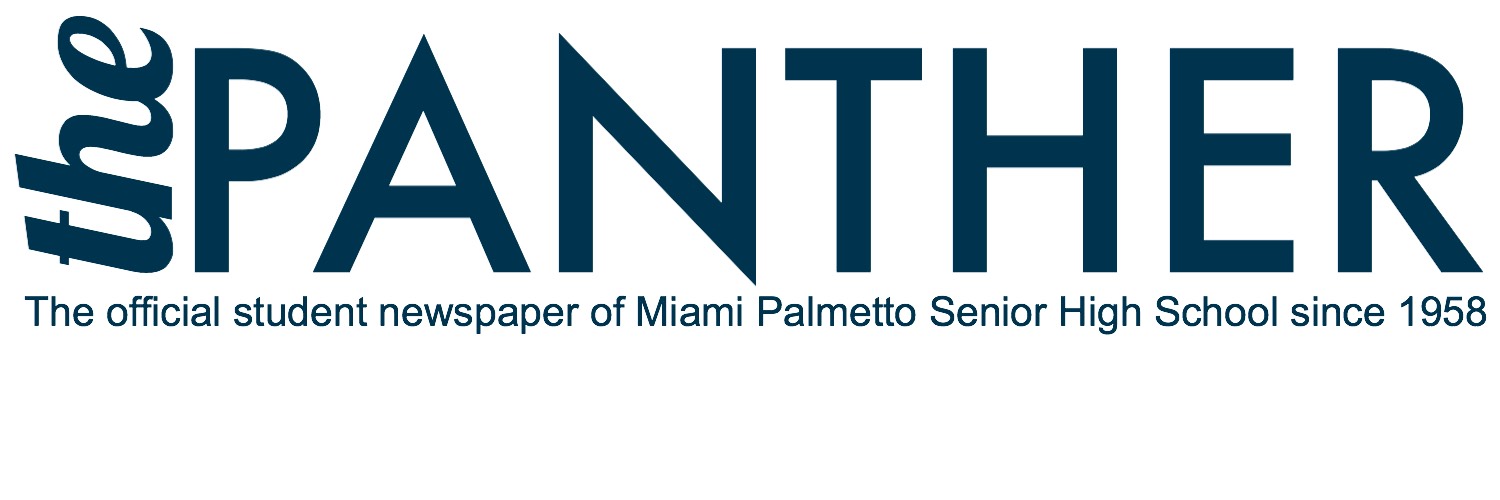Why AP Classes Do Not Offer a Comprehensive Education
May 18, 2022
Advanced Placement classes supposedly offer high school students a college-level education and the opportunity to earn college credit by passing a final AP exam. Normally, college students take these classes for only a semester, while high school students take the courses for an entire school year. Yet with pressure to pass the final exam, do these AP courses offer a comprehensive education as opposed to the traditional advanced high school classes?
Throughout my high school career, I have had the opportunity to take AP classes in various subjects — from ones that aligned with my strengths, to others that posed a greater academic challenge. My AP classes added rigor to my schedule and pushed me to work harder every year. After finishing my final season of AP testing as a senior, I wonder if my AP courses allowed my teachers to truly educate me on the subject, or instead, forced them to teach to the test.
Every high school student who takes AP courses understands the pressure to pass the final AP exam after a year of preparation. The opportunity to earn college credit starting from your first year of high school seems almost too good to be true. The AP curriculum for every subject adheres to a rigid set of lessons and benchmarks each student must master in order to pass the exam with a high score — otherwise, a score of three, four or five. To prepare their students for the final exam, teachers often feel as though they cannot deviate from the curriculum established by the College Board, making the course seem more like a “How-To” on passing the AP exam. After years of taking AP courses, I have mastered the art of crafting a DBQ, FRQ and understanding College Board jargon.
A teacher’s unique input, knowledge and experience is critical for a comprehensive education. Despite taking the most advanced level of a certain subject, AP students miss out on critical classroom discussions, one-of-a-kind teacher guidance and an opportunity for individual academic curiosity. All students and teachers must adhere to the pacing guidelines in order to cover all the necessary material in time for the final exam, and therefore, do not offer sufficient academic freedom for students or teachers.
For example, a class such as art history should encourage individual student interpretation, vibrant class discussion and opportunities for academic curiosity. Yet, AP art history forces students and teachers to strictly adhere to the study of 250 pieces the College Board has deemed most important to pass the exam. This gives teachers minimal discretion – nor time – to venture off-script and teach their favorite pieces or history they deem critical for a comprehensive art history education. Any other advanced art history course would allow teachers to delve into pieces on a deeper level than what the College Board advises for the exam.
A high school education should allow students to challenge themselves academically and improve their work ethic. AP-level courses push students toward greater academic achievement and teach students the importance of hard work. Yet, should students sacrifice a comprehensive education for rigor or a more “impressive” course selection throughout high school? To best prepare students for higher learning, high school courses should foster academic curiosity and exploration.


















